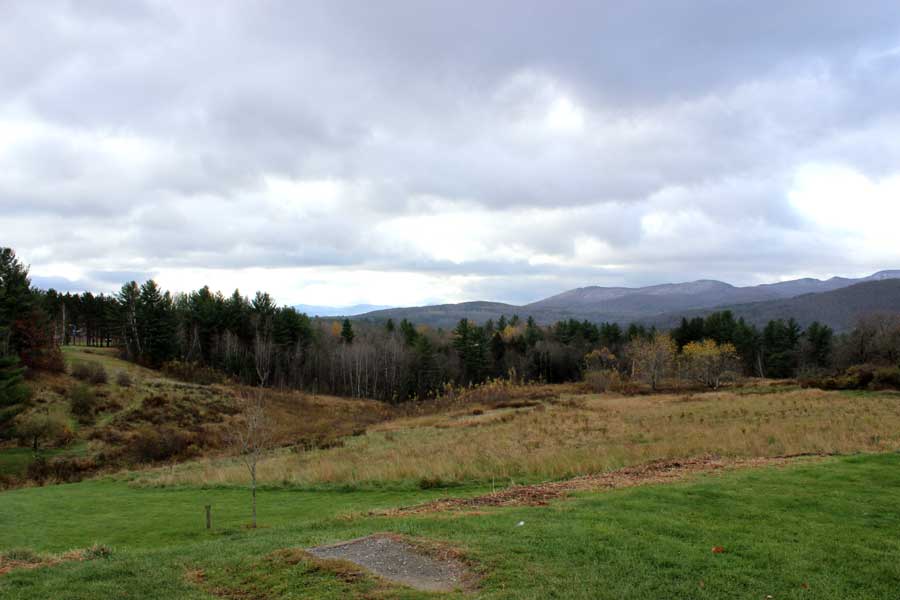For some ratepayers, solar panels will have a dark side
Renewable solar energy is coming to Johnson State College in partnership with the Burlington-based company Encore Redevelopment at no cost to students.
Over the course of the summer, Johnson State College began looking at putting up a net-metered array of solar panels. Net metering is an electricity policy for utility customers who operate their own on-site power systems, but are still tied to the grid.
Solar panel systems are connected to the utility grid via the customers’ main service panel and meter. When generating more power than is needed at the site, excess electricity is returned to the grid through the power meter and sold to the electric company. The customer then pays the net cost between the power they receive and the power that they return.
According to the town of Johnson’s municipal manager Duncan Hastings, as a utility, Village of Johnson Water and Lights is required to take the generation from net-metered systems, and to pay a premium price for the power.
“In effect we pay the net-metered customer 20 cents per kilowatt hour, and we can buy the same power ‘on the market’ for about 5 cents per kilowatt hour,” he said. “There are some benefits and cost savings during peak use times that accrue to the utility, but nowhere near the rate of subsidization. In simple terms the savings that accrue to the net metered customers are paid for by the remaining customers of the utility. This seems patently unfair to me.”
While Hastings noted that he is not opposed to renewable energy, he also believes that there has to be a better way to integrate net metered systems into the grid at a price that is not subsidized or inflated by an individual rate payer. “For example, we are looking at a long-term power contract from a large solar project that is in the 7 cents per kilowatt hour range. That makes sense to me,” he said.
Johnson State’s Dean of Administration Sharron Scott said that, as Hastings expressed, the college will receive an additional payment for the energy that it produces as a net metered customer. This incentive was established by the state legislature to encourage the production of alternative energy sources.
Scott hopes to start the project as soon as possible. Currently the college’s application is being reviewed by the Public Service Board, which will take two-to-four weeks.
Once it is cleared to break ground, Encore will begin the process by ordering the materials. “The arrangement is a capital-financing arrangement so, [Encore] actually supplies the capital and does the installation,” Scott said. “They are really just leasing the ground where it’s being installed. They’ll pay us a leasing fee.”
Scott is unsure of how many panels they will be installing, but said that it will add up to about 100 kilowatt hours. JSC originally proposed a 150-kilowatt hour array, but it came too close to the town’s cap of 4 percent on net metered systems. Therefore, they had to draw up a plan for a smaller array.
The static solar panels are set to be installed on the former upper pond which is located on the hillside of the valley next to the Frisbee golf course. They will be in view from the main entrance when looking toward the mountains.
The Frisbee golf course will not lose any of its ground nor will rogue Frisbees damage the solar panels in any way, so those who use the course will not have to worry about the panels being placed in such close proximity.
Kayla served as a general assignment reporter and photographer for the spring 2013 semester. She returned for the Fall 2013 and spring 2014 semesters...



